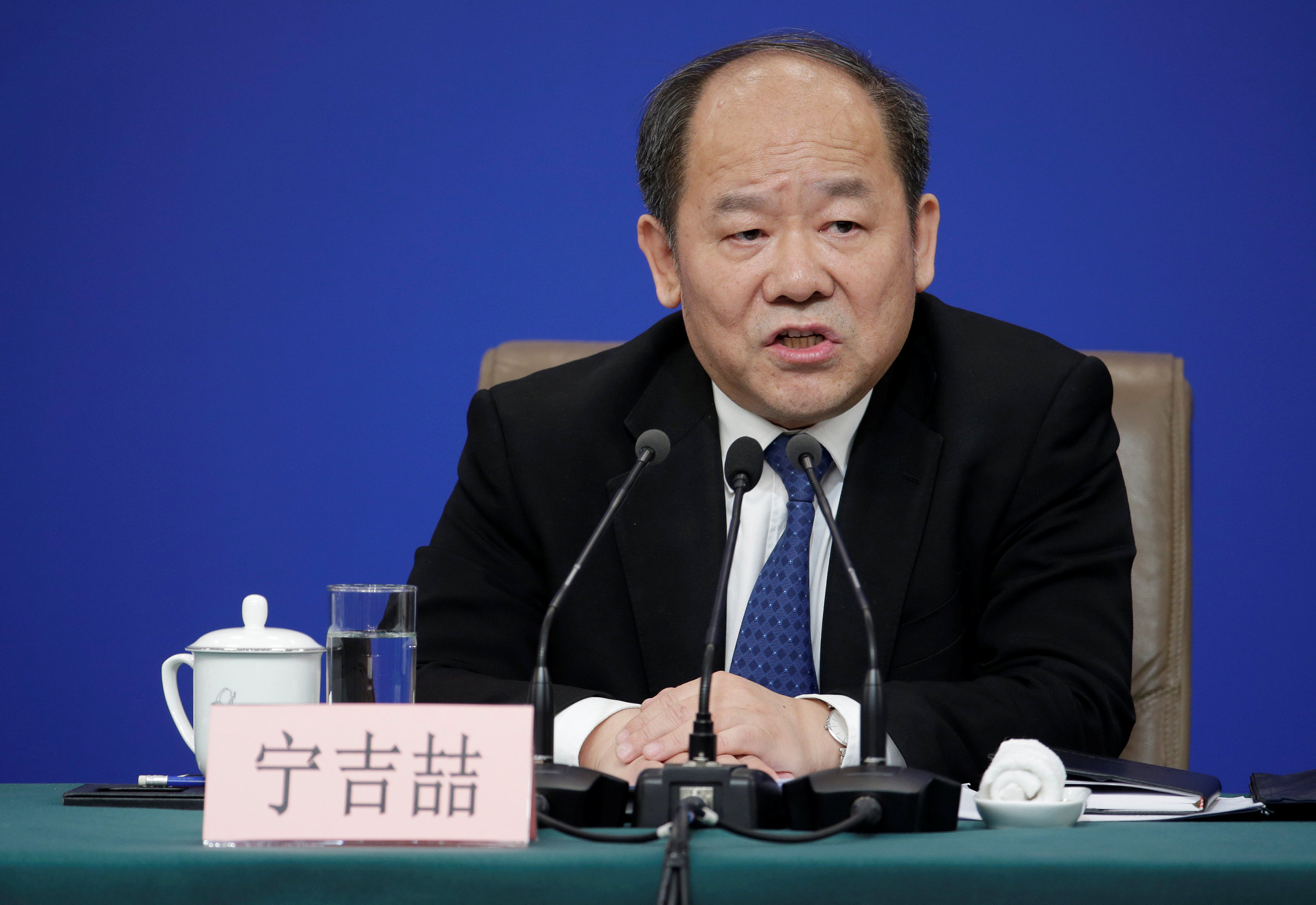
Economy
20:29, 06-Mar-2019
Economic officials talk about SOE reform, people's income and stimulus policy
Xia Cheng
02:32

Senior officials from China's top economic planner said that there are ways to
expand domestic demand to shore up growth in 2019, during a press conference on
the sidelines of the ongoing NPC session Wednesday.
The
officials also said that ongoing state-owned enterprise (SOE) reforms
will allow private capital to hold controlling stakes in fully competitive
industries.
China's economy is at a crucial juncture where economic slack and deepening reforms meet. Officials from the National Development and Reform Commission (NDRC) spoke to reassure the public that both issues are under control.
The average disposable income of residents in China was 28,228 yuan (4,205 U.S. dollars), up 6.5 percent from the previous year. China's consumption is also expanding, with the average per capita consumption expenditure in 2018 rising 6.2 percent compared with that in 2017 and the total consumption contributing to 76.2 percent of 2018's GDP, according to the National Bureau of Statistics.

Ning Jizhe, vice chairman of NDRC, speaks at a press conference in Beijing, March 6, 2019. /VCG Photo
Ning Jizhe, vice chairman of NDRC, speaks at a press conference in Beijing, March 6, 2019. /VCG Photo
"China will work to increase people's income in the next three years," said Ning Jizhe, vice chairman of NDRC.
He said the consumption structure is improving since spending on services has now taken a larger share of people's disposable income.
The government will make sure that the economic growth is stable, jobs are steady, tax and fees will be lowered, fiscal spending on people remains strong, and consumption in new energy cars, 5G network and used goods will increase. Meanwhile, the agricultural, mining and service sectors will be more open to foreign investors, according to Ning.
The ongoing SOE reforms that will allow private capital to hold controlling stakes in fully competitive industries were also stressed during the press conference.
The State planner will encourage mixed-ownership reforms in critical industries, and will allow private capital to have controlling stakes in fully competitive industries. Meanwhile, it will also protect shareholders' rights to make sure of their freedom to exit the investments legally, according to Lian Weiliang, vice minister of NDRC.
China's growth moderated in the fourth quarter of 2018, and the overall business environment improved thanks to tax cuts.
The private economy is the biggest job creator and tax payer in China. The NDRC will push forward tax and fee cuts for companies, help smaller companies get funding with lower financing costs and reduce the red tape for companies while protecting their intellectual property rights, said He Lifeng, director of NDRC. Meanwhile, fiscal and monetary policies will accommodate the reforms.
As the fiscal deficit for 2019 is set at 2.8 percent, lower than the aggressive three percent limit, analysts believe there will be two to three more interest rate or RRR cuts from China's central bank to stimulate economic activity.

SITEMAP
Copyright © 2018 CGTN. Beijing ICP prepared NO.16065310-3
Copyright © 2018 CGTN. Beijing ICP prepared NO.16065310-3